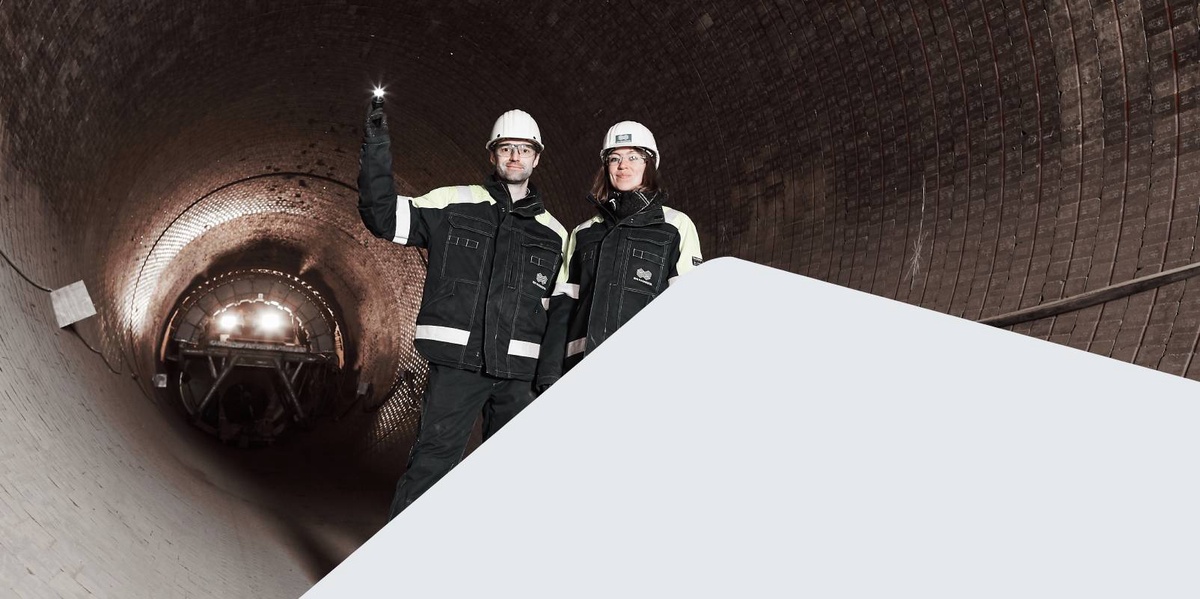The cement industry is a cornerstone of construction and infrastructure development as it has been providing the essential building material for the modern world. However, behind the scenes, cement manufacturing involves extremely high temperatures, corrosive substances, and abrasive conditions that can take a toll on equipment and infrastructure. The industry relies on refractory solutions for cement to combat these challenges. In this article, you can learn about refractory materials and their specific applications.
Refractory Materials for Cement
Refractory materials are engineered to withstand extreme temperatures. It makes them indispensable in the cement industry. The primary function of refractory materials is to line kilns, rotary ovens, and other high-temperature equipment used to produce cement. These materials provide thermal insulation and protect the underlying structure from the harsh conditions. There is a wide range of refractory materials available. Moreover, each material has its unique properties and suitability for various applications.
Specific Applications
Refractory solutions for cement industry are indispensable in many critical applications which are pivotal in ensuring the efficiency and durability of various equipment and processes. Here are specific applications where refractory materials are essential:
● Kilns
Rotary kilns serve as the heart of cement production, operating at temperatures exceeding 1400°C. Maintaining the integrity of kiln linings is essential to sustain the production process and ensure product quality.
● Preheaters and Cyclone Towers
These components undergo extreme temperature fluctuations. Effective refractory linings are imperative to withstand these variations and prevent premature failure, which can lead to costly downtime.
● Clinker Coolers
Clinker cooling is a critical phase in cement production, and efficient heat recovery is essential. Well-designed and properly maintained refractories within the clinker cooler are vital for optimizing this crucial process.
● Other Equipment
Cement plants also rely on refractory materials in various equipment, such as boilers, incinerators, and furnaces, to withstand high temperatures and harsh operating conditions. These refractories help ensure the reliability and longevity of the equipment and contribute to the overall efficiency of cement manufacturing processes.
Factors Influencing Refractory Selection
Selecting the right refractory solution is not a one-size-fits-all endeavor. Several factors influence the choice of refractory materials:
● Operating Temperature
Different parts of the cement production process operate at various temperatures. The refractory chosen must have an appropriate temperature rating.
● Chemical Exposure
The aggressive chemicals present in cement production can erode refractory materials over time. Resistant refractories are necessary for areas exposed to chemical attack.
● Abrasion Resistance
Some areas experience abrasive forces due to the movement of materials. Abrasion-resistant refractories are vital in such cases.
● Thermal Insulation
Efficient heat management is crucial in energy-intensive industries like cement production. Refractories with good thermal insulation properties can help conserve energy.
Installation and Maintenance
The proper installation and maintenance of refractory materials are critical to ensuring their longevity and effectiveness. Indian refractory suppliers often offer valuable guidance in this regard. Here are some key considerations:
● Skilled Installation
Refractories should be installed by trained professionals who follow manufacturer recommendations and best practices.
● Regular Inspections
Routine inspections can help identify issues early, allowing for timely maintenance or replacement. It can extend the life of refractories and prevent unexpected failures.
● Refractory Maintenance
Repair and maintenance work should be carried out by experts to ensure the integrity of refractory linings.
● Record-keeping
Detailed records of refractory installation and maintenance can help plan future repairs or replacements.
Conclusion
In the cement industry, refractory solutions play a vital role in preserving the integrity of equipment and ensuring the efficiency of production processes. Indian refractory suppliers like RHI provide a range of high-quality materials and expertise to meet the industry's demands. RHI is a global leader in refractory solutions for various industries, including cement. They offer cutting-edge refractory solutions to meet the ever-evolving needs of the sector. Global leaders, like RHI, support the cement industry's ongoing development and success.


No comments yet